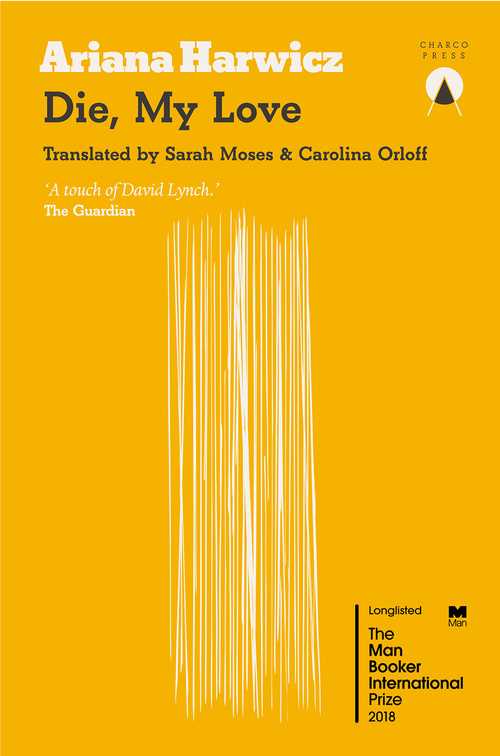Die, My Love
Ariana Harwicz
February 03, 2021
Long listed for the Man Booker International Prize (2018), Die, My Love is an abstract fiction set in the french countryside. It’s a short read by Argentinian writer Ariana Harwicz, and I read the translated version. Harwicz has an astounding command of metaphors so complex that I found it was easier to read at the fast, insistent pace she runs you through, rather than stop to consider the characters or the plot line. On a macro level, the novel is about a ‘foreign’ woman living with her partner and new-born son in rural France. It is clear from the outset that she is suffering from some kind of mental health challenges, touching on post-natal depression, psychosis, schizophrenia, self-harm, suicidal ideations, neglect, nymphomania. Her unusually passive partner and family in-law seem to accept her behaviour with undue calm, which is more than a bit concerning. The story unravels from her perspective, which is why this is such an unusual read. Small moments of lyricism and cinematic wonder break up the car crash of linguistic assaults -
“I hope the first word my son says is a beautiful one. That matters more to me than his health insurance. And if it isn’t, I’d rather he didn’t speak at all. I want him to say magnolia, to say compassion, not Mum or Dad, or water. I want him to say dalliance. My husband found me jumping through puddles.”
The story becomes more dangerous and erratic as it unfolds, with a more pronounced emphasis on unchecked desire and lust. It mostly avoids common pitfalls of gender stereotyping and musings on motherhood by unscathingly forcing the reader into a position of chaos, utilising a profound twisting and moulding of language to silence the reader and slice reality with madness and beauty and death.
“When I have sex, I celebrate the birthdays of the departed. When I fall in love, like this very minute, as I shake myself, I scatter earth onto a coffin. It doesn’t matter whose. And when I masturbate I desecrate crypts, and when I rock my baby I say amen, and when I smile I unplug an iron lung.”
Ironically, I bought the book because it has a beautiful, unassuming golden yellow cover and I liked the typography. It seemed cheerful and soft. A lesson learnt in not judging books by their covers! It’s unlike anything I’ve ever read. It’s wild, un-conforming, abstract and unnerving in style, and yet quite simplistic in plot. I think it’s a masterpiece, but I don’t know if I liked it. You’ll have to decide for yourselves…
